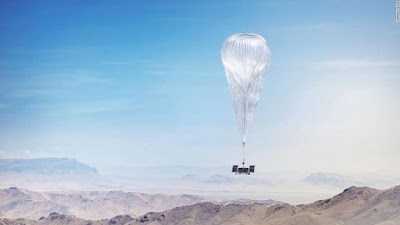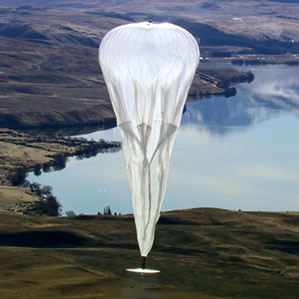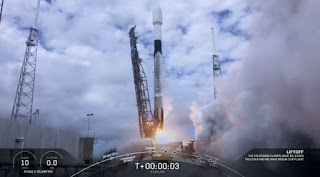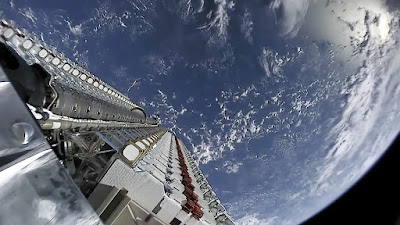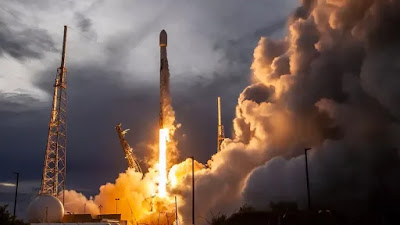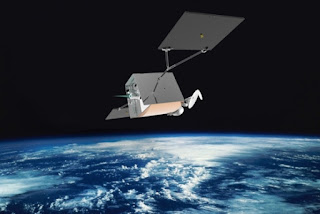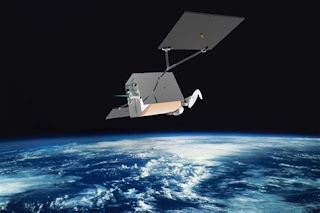T-Mobile & Elon Musk Connectivity Deal

T-Mobile 5G Phones to Be Connected to SpaceX Starlink Satellites Source: SpaceX, T-Mobile Promise of No More Connectivity Dead Zones 24-7, anyplace internet connectivity for T-Mobile 5G phone users is the promise of the new deal between Elon Musk's SpaceX and T-Mobile. T-Mobile CEO Mike Sievert and SpaceX/Tesla CEO Elon Musk announced that T-Mobile users' phones, on the T-Mobile network, will be directly connected to SpaceX's Starlink satellites. According to Musk, this will provide the T-Mobile phones with internet connectivity just about everywhere. Siebert said SpaceX and T-Mobile are two industry-shaking innovators, challenging the old ways of doings things "to create something entirely new." The deal is unprecedented. Musk also announced that he is providing the same connectivity f...


